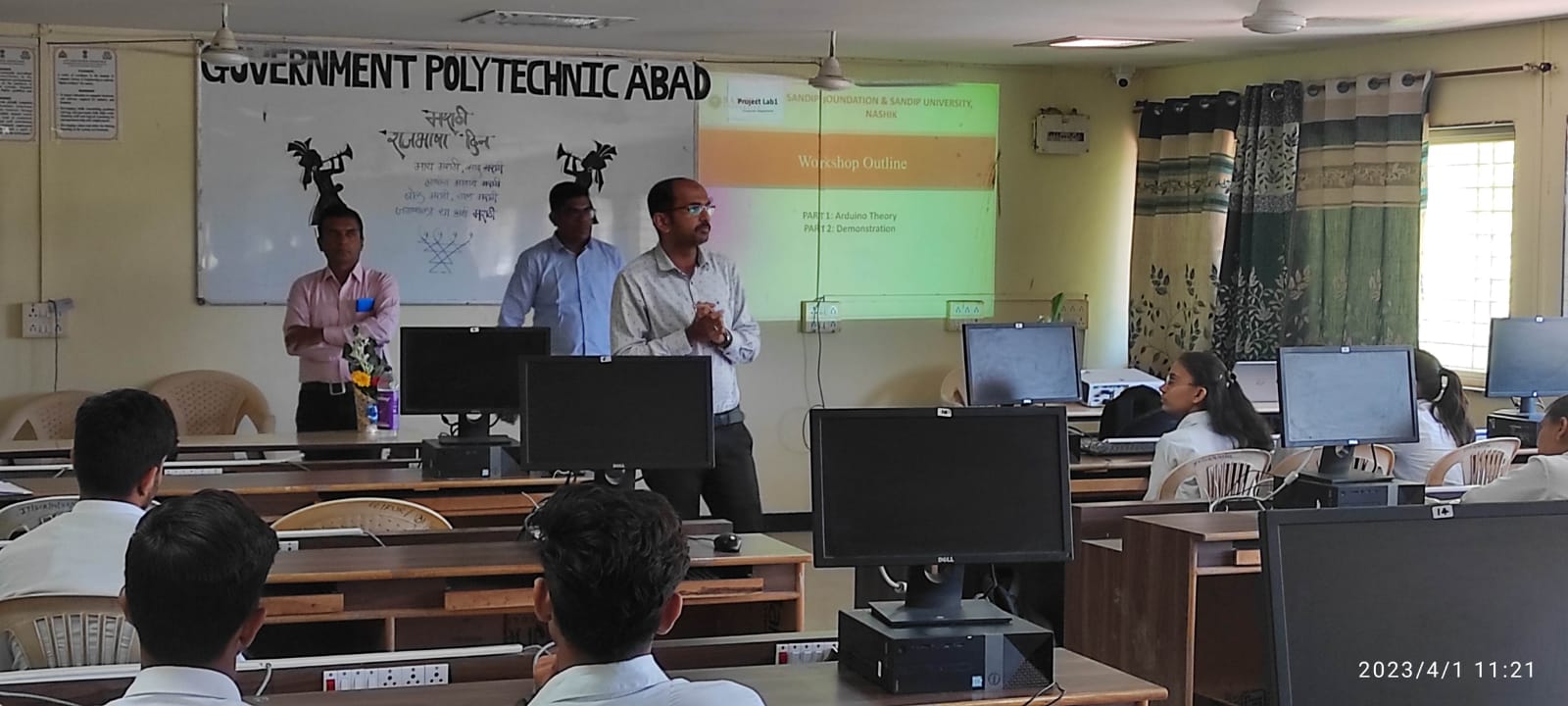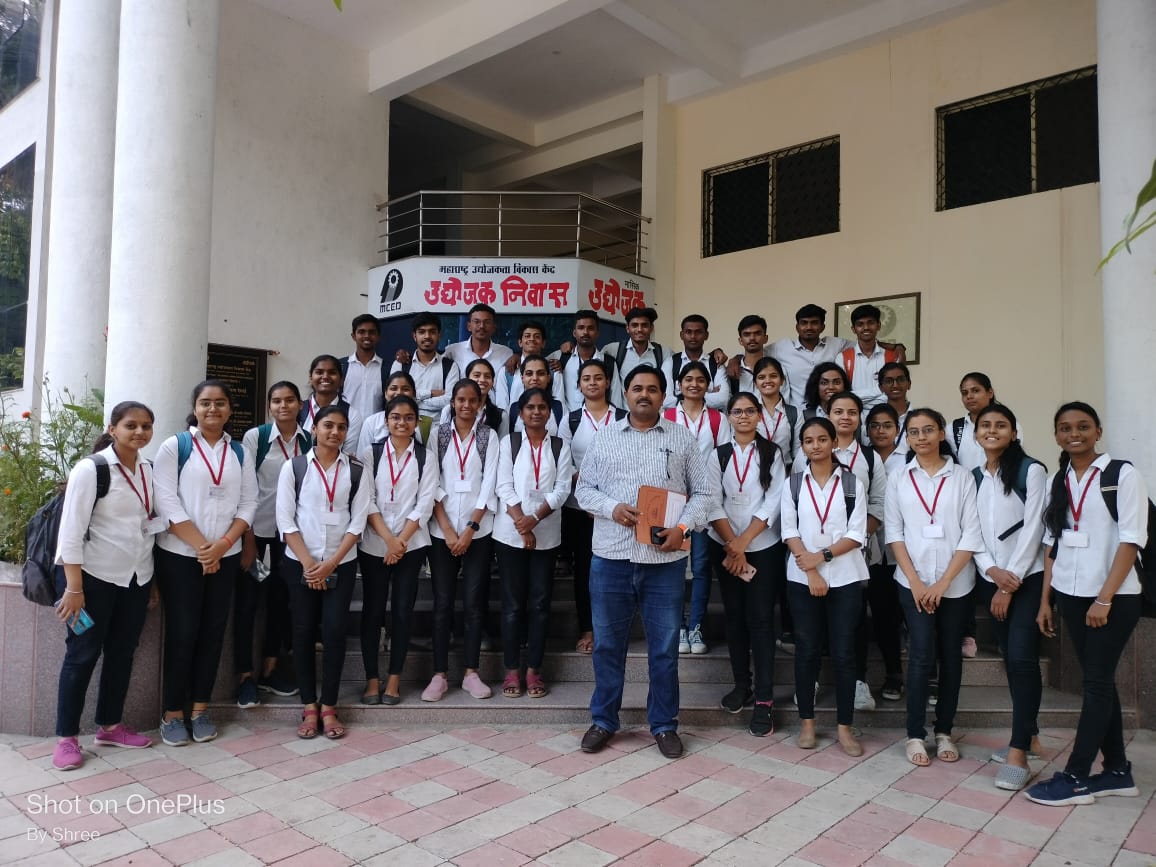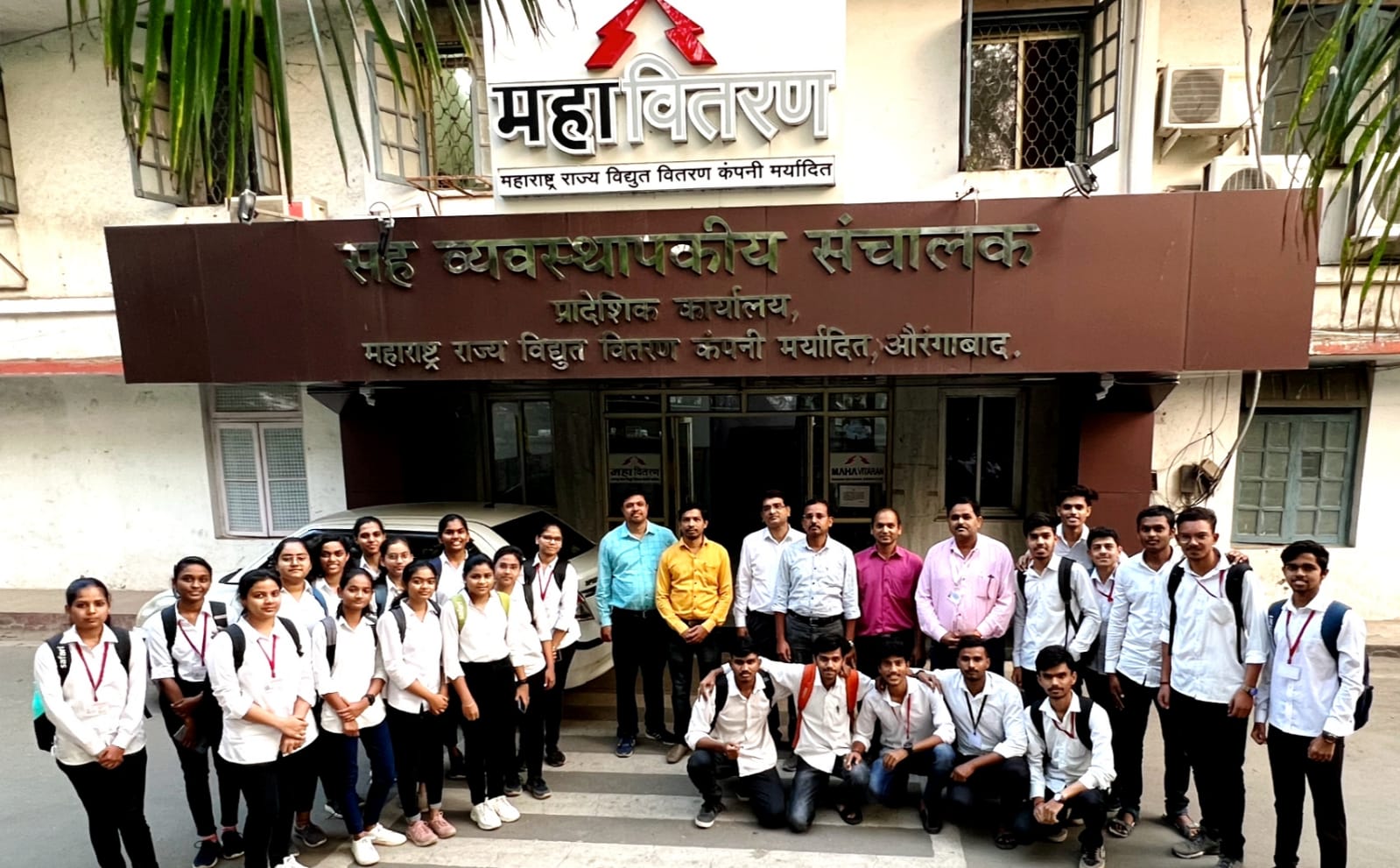Last updated on March 7th, 2024 at 01:56 pm
COMPUTER ENGINEERING
Smt. S.S. Jaiswal (I/c)
M.Tech CO
Date of Appointment :
Computer Engineering
Vision
Mission
1. To impart education in computer hardware and software required for industry and business.
2. Developing skills resembling problem solving, interpersonal skill, high order thinking skill and logical
reasoning for entrepreneurship and employment.
3. Developing values and ethics for lifelong learning in the system environment.
People
Faculty
| Sr. No. | Name of the faculty member | Designation | Qualification | Contact No | E-mail id |
| 1 | Smt SHWETAL SWAPNIL JAISWAL | I/c Head, Lecturer | ME | ||
| 2 | Shri GAJANAN UTTAMRAO JADHAV | Lecturer | BE, ME(Pursuing) | 9096270076 | gajananj10@gmail.com |
| 3 | Shri PRAVINKUMAR SURESHRAO HIWALE | Lecturer | ME | 8275321834 | pravin.sh@gmail.com |
| 4 | Shri RAHUL NANASAHEB JANGLE | Lecturer | BE, ME (Pursuing) | 9049988330 | rahuljangle@gmail.com |
| 5 | Smt. PRIYA VYANKTRAO SONTAKKE | Lecturer | ME | ||
| 6 | Shri VIJAY BALKRUSHAN PATIL | Lecturer | ME | 9423395719 | vijay.bpatil2006@gmail.com |
- PEO1:To provide the essential knowledge of science and engineering concepts fundamental for a computer professional and equip the proficiency of mathematical foundations and algorithmic principles for competent problem solving ability.
- PEO2:To design, model, program and test software systems and applications in varying domains including Networks, Embedded systems, Web technologies and Image processing.
- PEO3:To inculcate professional and ethical attitude, communication skills, teamwork, lifelong learning, multidisciplinary approach into student to relate computer engineering issues with social awareness.
PO1:
Basic and Discipline specific knowledge: Able to apply knowledge of basic mathematics, sciences, engineering fundamental and Computer engineering to solve the broad-based computer engineering related problems.
PO2:
Problem Analysis: Plan to perform experiments and practices to use the results to solve broad-based Computer engineering problems.
PO3:
Design / Development of solutions: Design solutions for well defined technical problems and assist with the design of system components or process to meet needs of computer engineering.
PO4:
Engineering Tools, Experimentation and Testing: Apply modern Computer engineering tools and appropriate technique to conduct standard tests and measurements.
PO5:
Engineering practices for society, sustainability and environment: Apply appropriate Computer technology in context of society, sustainability, environment and ethical practices.
PO6:
Project Management: Use Computer engineering management principles individually, as a team member or a leader to manage projects and effectively communicate about well-defined Computer engineering activities.
PO7:
Life-long learning: Ability to analyses individual needs and engage in updating in the context of technological changes.
- Technical Support Analyst: Ability to use, analyse and develop computer programs in the areas related to algorithms, System and application software, multimedia technologies, web design, networking, troubleshooting & maintenance for efficient design of computer-based systems of varying complexity.
- Software Developer: Ability to apply standard practices and strategies in software project development using Free and open source software (FOSS) to deliver a quality product for business application
| Sr.No. | Name of Member | Designation | Experience | Organization |
|---|
| Sr. No. | Name of the Lab. | Name of Major Equipment’s | Available floor area (in sq.m) | Cost (in Rs.) | Remarks |
|---|---|---|---|---|---|
| 1 | COMPUTER CENTER LAB |
PC- 10, Scanner | 9,80,405 | ||
| 2 | HARDWARE LAB | PC- 10, Printer |
9,95,069 |
||
| 3 | SOFTWARE LAB | PC- 10 |
8,27,291 |
||
| 4 | MICROPROCESSOR LAB | PC- 10 |
10,26,260 |
||
| 5 | PROGRAMMING LAB | PC- 10 |
8,92,327 |
| Sr. No. | Year | Term | Name of Event (Awards/Achievements / IEDSSA/Paper/Quiz/Project etc) | Participant Name | Achievement |
|---|



